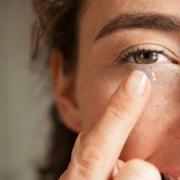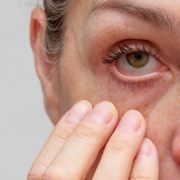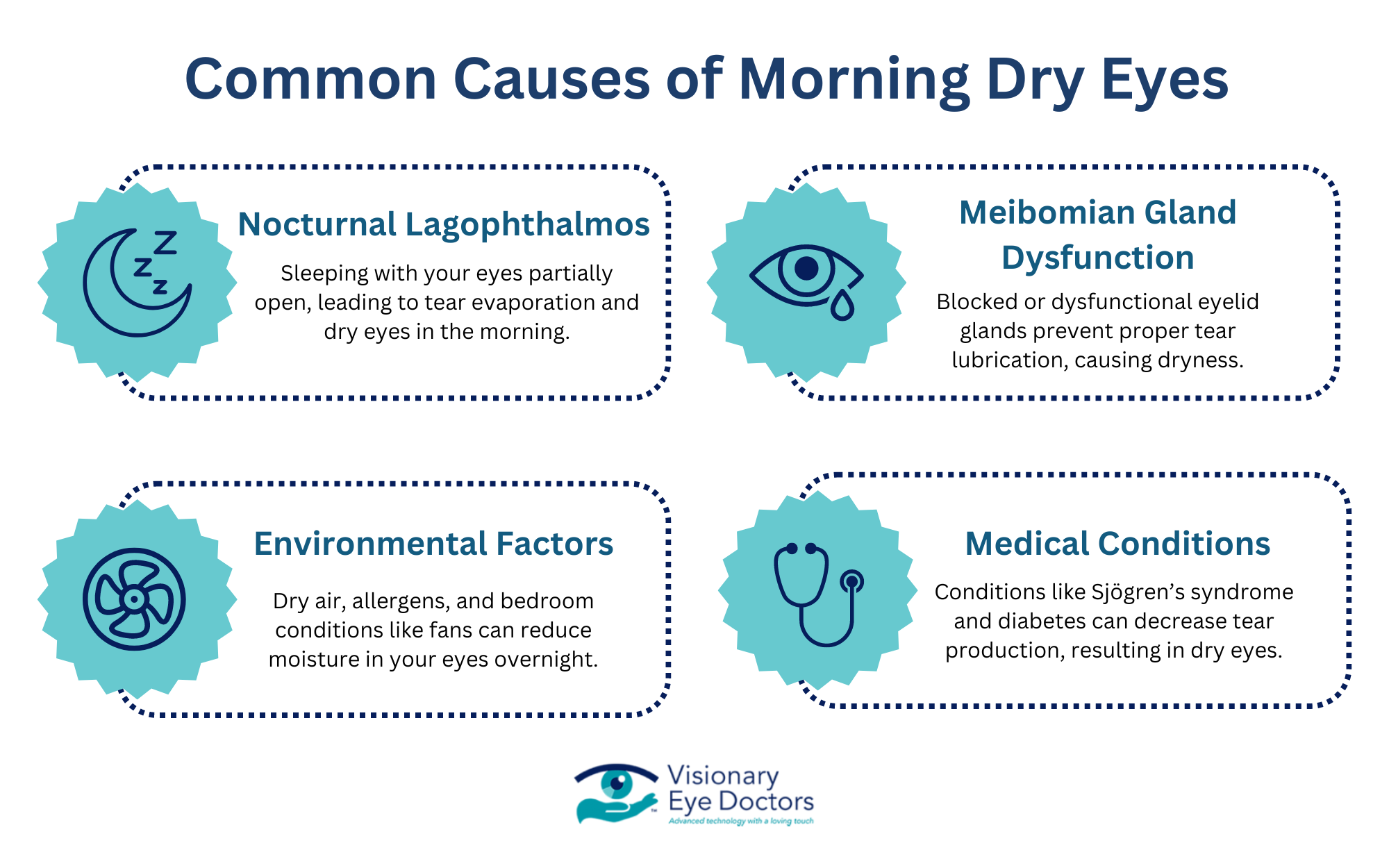Daily vs. Monthly Contacts: Which is the Right Choice for You?
When deciding between daily and monthly contact lenses, the choice often boils down to lifestyle, convenience, and cost. Daily contact lenses are ideal for those who prioritize hygiene and ease since they are worn for a single day and discarded, eliminating the need for cleaning. On the other hand, monthly contact lenses are more cost-effective over time and are designed to be worn for up to 30 days with proper care and contact lens solution. Both options offer clear vision and comfort, but the best choice depends on your specific needs and preferences.
In this blog, we’ll dive deeper into the pros and cons of each type of contact lens, helping you make an informed decision that aligns with your lifestyle and eye health.
Understanding Daily Contact Lenses
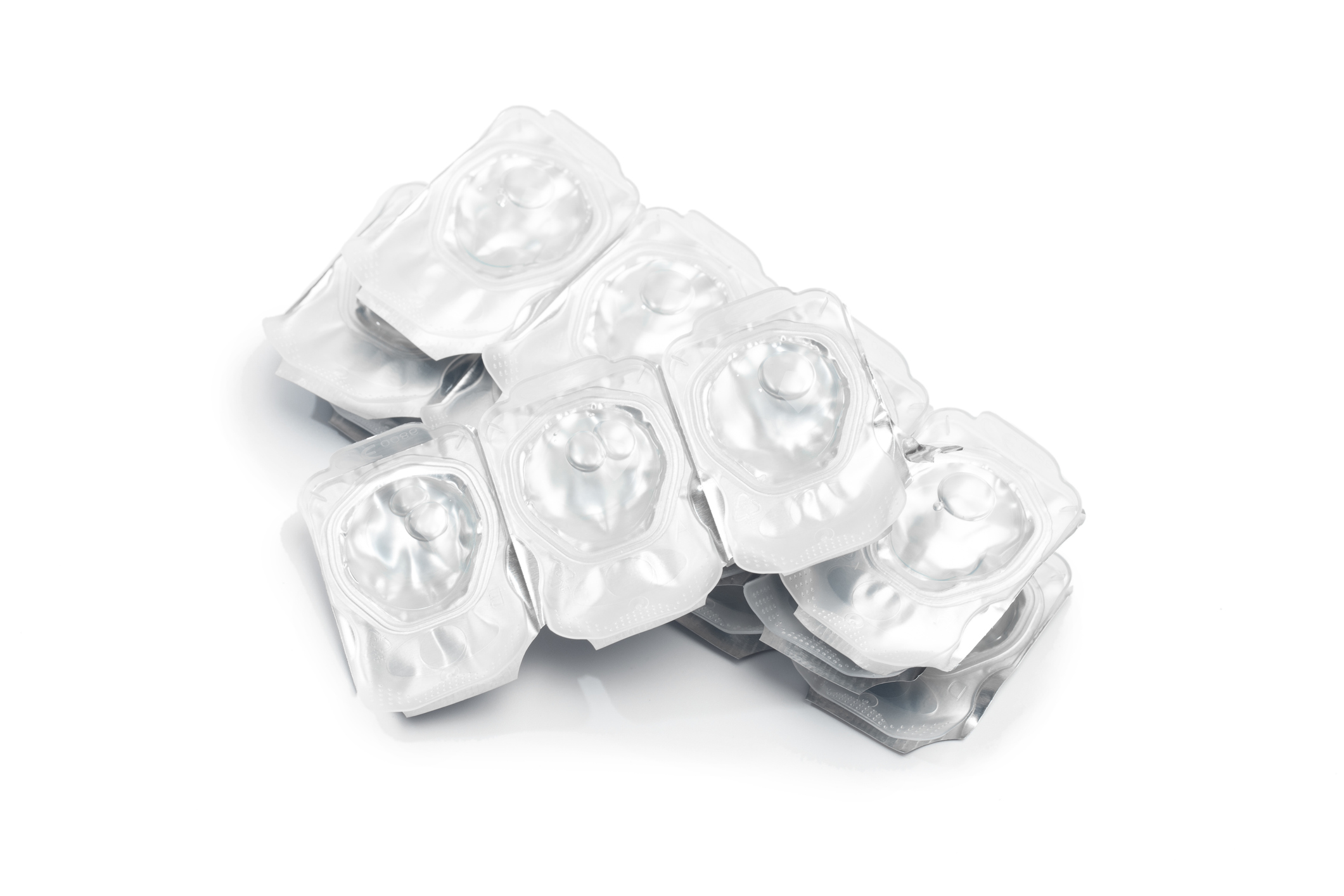
Daily contact lenses are single-use lenses designed to be worn for one day and then discarded. This means that each morning, you start with a fresh, clean pair, which offers both convenience and enhanced hygiene. Unlike other types of lenses, daily contact lenses come pre-packaged in sterile, individual blister packs, ensuring that the lenses remain uncontaminated until you’re ready to use them.
Benefits of Daily Contact Lenses
One of the most significant advantages of daily contact lenses is the reduced risk of eye infections. Since you’re using a fresh pair each day, there’s no need to worry about bacteria buildup that can occur with lenses that are reused over several weeks. This makes daily contact lenses an excellent option for individuals with sensitive eyes or those prone to eye irritation.
Another benefit is the convenience factor. Daily lenses require no regular cleaning or storage, as they are simply discarded at the end of the day. This can be particularly appealing for people with busy lifestyles or those who travel frequently and prefer not to carry around contact lens supplies like cleaning solutions and storage cases.
Additionally, daily disposable contact lenses are often made from thinner materials, which can provide a more comfortable wearing experience, especially for those with dry eye conditions. Because these lenses are replaced every day, they maintain a high level of moisture and breathability, contributing to overall eye health and comfort.
However, the convenience of daily contact lenses comes at a higher cost compared to monthly lenses. Over time, purchasing a new pair of lenses for each day can add up, making daily lenses a more expensive option. That said, for many wearers, the benefits in terms of hygiene, convenience, and comfort outweigh the additional expense.
Exploring Monthly Contact Lenses
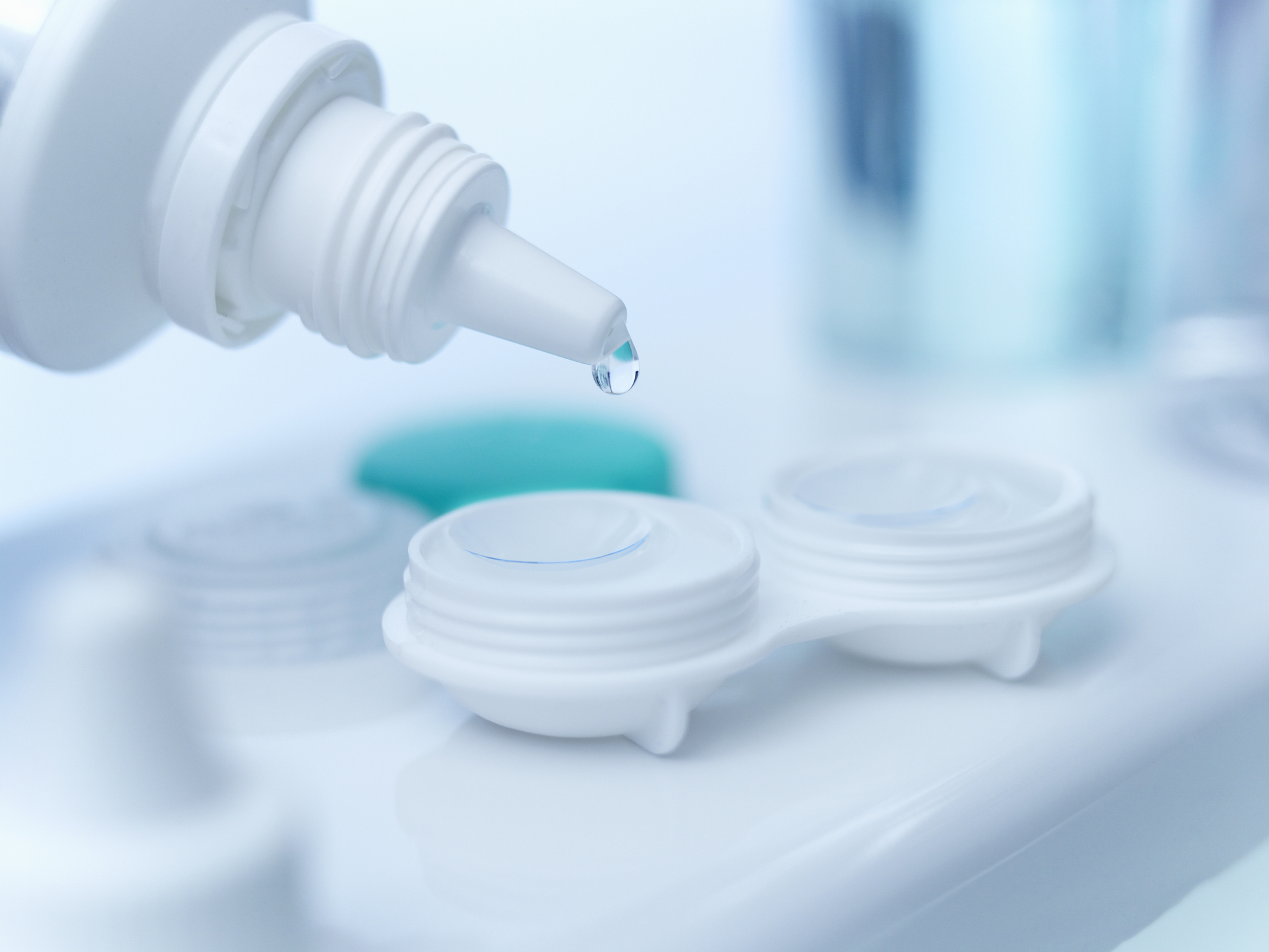
Monthly contact lenses are designed to be worn daily for up to 30 days before being replaced. Unlike daily lenses, which are discarded after a single use, monthly lenses require proper care and maintenance, including daily cleaning and storage. These lenses offer a cost-effective solution for many wearers, especially those who are diligent about their lens care routine.
Benefits of Monthly Contact Lenses
One of the primary advantages of monthly contact lenses is their cost-effectiveness. Since you only need to purchase a new pair once a month, the overall expense tends to be lower than that of daily lenses. This can be particularly beneficial for those who wear contacts regularly and are looking to manage costs while still enjoying the convenience of contact lenses.
Monthly lenses are typically made from more durable materials, such as silicone hydrogel, which allows for greater oxygen permeability. This means that the lenses can be worn comfortably for longer periods, reducing the risk of eye irritation and ensuring that your eyes remain healthy. The thicker material used in monthly lenses also contributes to their durability, making them less prone to tearing.
Another benefit of monthly contact lenses is their environmental impact. Since you’re disposing of lenses less frequently, there’s less waste generated compared to daily disposable lenses. For eco-conscious wearers, this can be an important factor in their decision-making process.
However, with monthly lenses, it’s crucial to adhere to a strict cleaning and storage routine to avoid the risk of eye infections. This includes using the appropriate contact lens solution to disinfect and store your lenses each night. Failure to properly care for your lenses can lead to chronic inflammation, eye irritation, or even more severe complications.
In summary, monthly contact lenses offer a balance between cost and convenience, making them a popular choice for many wearers. However, they do require a commitment to proper lens care to ensure optimal eye health and comfort.
Making the Right Choice: Factors to Consider
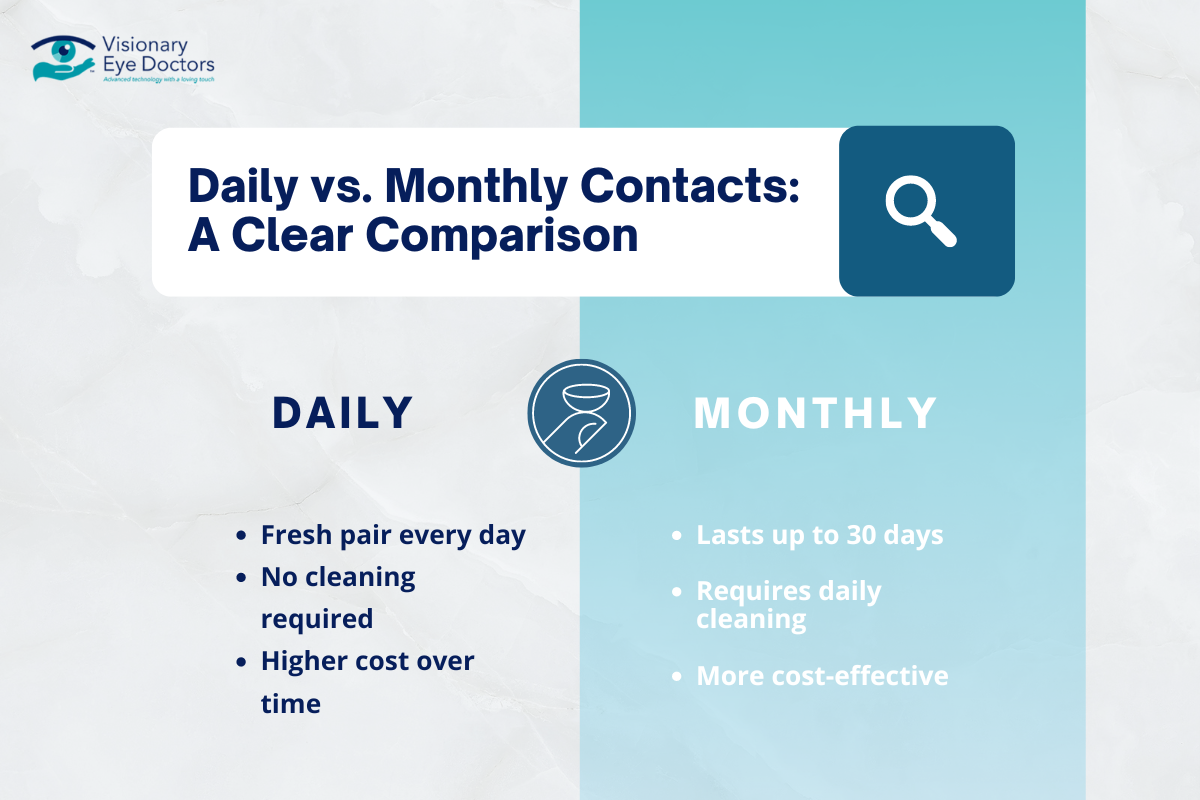
Choosing between daily and monthly contact lenses depends on several factors, including your lifestyle, eye health, and personal preferences. Both types of lenses have their advantages and potential drawbacks, so it’s essential to weigh these factors carefully to make an informed decision.
Lifestyle and Convenience
Your daily routine plays a significant role in determining which type of contact lens is best for you. If you lead a busy life or travel frequently, daily contact lenses might be the more convenient option. Since they are disposable, you don’t need to worry about carrying contact lens supplies like cleaning solutions or storage cases. The ability to use a fresh pair of lenses each day can also be appealing if you prefer a low-maintenance approach.
On the other hand, if you are comfortable with a more involved lens care routine, monthly contact lenses could be a better fit. These lenses require daily cleaning and storage but can be more cost-effective in the long run. Monthly lenses are ideal for those who don’t mind the extra steps required for proper lens maintenance and appreciate the benefits of a more durable lens.
Eye Health and Sensitivity
If you have sensitive eyes or are prone to dry eye or eye irritation, the choice between daily and monthly lenses becomes even more critical. Daily disposable contact lenses are generally recommended for those with sensitive eyes, as they reduce the risk of eye infections and irritation by providing a new pair of lenses every day. The fresh, sterile lenses can be particularly beneficial for maintaining eye health and comfort throughout the day.
Monthly contact lenses, while still comfortable, require diligent care to ensure they remain safe and clean for extended wear. If not properly cleaned and stored, they can harbor bacteria that may lead to chronic inflammation or eye infections. However, modern silicone hydrogel materials used in monthly lenses allow for excellent oxygen flow, which can help keep your eyes healthy if the lenses are properly maintained.
Cost and Environmental Impact
Cost is another crucial factor when deciding between daily and monthly lenses. Monthly lenses are typically more affordable over time because you only need to purchase a new pair once a month. This can make them an attractive option if you’re looking to manage expenses without compromising on vision correction.
However, if you’re willing to invest a bit more for convenience and hygiene, daily lenses might be worth the additional cost. Additionally, for those concerned about their environmental impact, monthly lenses generate less waste than daily disposables, as fewer lenses and packaging materials are discarded each month.
Consulting with Your Eye Doctor
Ultimately, the best way to decide between daily and monthly contact lenses is to consult with your eye doctor. They can evaluate your eye health, lifestyle, and preferences to recommend the most suitable option for you. Whether you need lenses for specific conditions like dry eye or multifocal lenses for vision correction, your eye doctor will help you navigate the choices to find the best fit for your needs.
Making an informed decision about your contact lenses can lead to better comfort, eye health, and overall satisfaction. Whether you opt for the convenience of daily lenses or the cost savings of monthly lenses, understanding these factors will ensure you choose the right lenses for your lifestyle and eye care needs.
Visionary Eye Doctors—Your Trusted Contact Lens Provider
At Visionary Eye Doctors, we specialize in fitting all types of contact lenses, from daily disposables to monthly lenses. Our experienced team is dedicated to helping you find the perfect lenses tailored to your unique needs, ensuring comfort, clear vision, and optimal eye health. Whether you’re considering daily or monthly contact lenses, we offer comprehensive eye exams and personalized consultations to guide you in making the best choice.
Ready to experience the difference? Schedule your contact lens exam with Visionary Eye Doctors today and discover the comfort and convenience of the right contact lenses for you. Book now or order your contact lenses directly from our website. Your eyes deserve the best, and we’re here to help.

